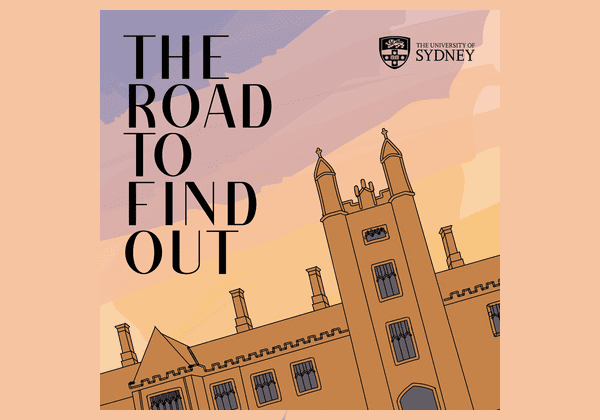I’ve never been one for “professional boundaries”. I always found it unsettling in high school when my teachers never cracked, when they never showed glimpses of who they were outside of their 9-5 jobs. It’s the same at uni. I’m much more interested in tutors and lecturers who don’t sanitise their personality in front of students. Sometimes I just want to say: “Yes! Please feel free to share your vulnerabilities and eccentricities, let your personal experiences enter into the classroom because that’s what learning is all about! I want to know who you are!”
I study a Bachelor of Arts, so I can’t knowingly comment on the experiences of those in other degrees. But from my own experience, my learning has been enriched by students and academics who don’t view the classroom as a kind of intellectual supermarket – an empty exchange of content that lacks personality and vitality. In my view, the classroom should be far more personal, shaped by conversations and the building of relationships that reflect a degree of authenticity that you simply can’t get from reading a book or paper alone.
I don’t think that we talk enough about the purpose of learning at university. We aren’t here to learn how to regurgitate sentiments from Plato, nor to absorb equations that have no purpose in our lives, we are here to learn with others. In this way, learning is like a team sport. Covid has made it really damn hard to learn particularly well with other students,but it hasn’t so grievously curtailed our ability to learn with academics. In the years I’ve been at uni, most of the really genuine, remember-till-the-day-I-die kind of learning has happened in individual consultations with lecturers. Where for ten or twenty minutes, or for an hour or two if I’m particularly lucky, I get to just vibe out with a smart person who probably isn’t even conscious of the profound impact they’re having upon my life.
Particularly in the context of the Arts and Social Sciences, I struggle to reconcile the learning outcomes that are so routinely slapped onto unit of study outlines with learning environments that lack personality and fail to foster intellectual relationships. You just have to read those FASS marketing brochures, filled with claims (written in the most anodyne marketing voice imaginable) that your degree will instill in you heightened cultural consciousness, critical thinking, analytical skills, teamwork, to realise that none of these skills can be acquired in solitude. Critical thinking and cultural empathy are not really skills that you can pick up, so much as they are phrases that we use to describe the process of rewriting your brain to think in more nuanced and generous ways, often in response to ideas proposed by others. In this way, an Arts degree is not crafted with the sole purpose of developing a toolbox of skills to use in a job. An Arts degree is intended to change how you exist as a person in every domain of your life.
This isn’t a novel idea. If you were at acting school, you wouldn’t just think you’re there to become better at monologues or accents – it’s about rewriting who you are. In my view, this idea ought to be extended to all that we participate in, to every experience we have – we are living, breathing people interacting in the world, not estranged robots merely seeking to download information.
This worldview led me to pitch for a Student Experience and Innovation Grant to start a podcast earlier this year. It’s called The Road to Find Out (named after the Cat Stevens song) and the whole first season is now available on Spotify, Apple Podcasts and Anchor. Every episode, myself and my splendid co-host Carla Field, interview a FASS academic about their research, personal lives, and the intersection between the two. This season, we’ve spoken to Bruce Isaacs, Peter Chen, Kelly Freebody, Rick Benitez and Jaki Troy. It’s been great fun, but more than that, hopefully it has encouraged other students to think about their lecturers not as lecturers, but as subtle, complicated, sometimes even weird, people who just happen to be their lecturers. The podcast is an implicit endorsement of the idea that learning is a relationship, an idea that I am, evidently, very supportive of.
Earlier in this piece, I talked about how an Arts degree is designed to rewrite who you are. Every episode of our podcast so far proves this point. But what about in the context of those who don’t become academics? What kind of impact does studying an arts degree have on, let’s say, a third year student, like myself? Well, if I’m very, very lucky, after I’ve had a consultation or a lecture with an academic, the things we’ve talked about and things we’ve learned together will have such an overwhelming impression on me that when I look outside it’s as if everything looks different. The colours of the world are brighter and stranger than they were before. I’ve read books and been wowed, but never quite in the same way as when I’ve had a really fulfilling conversation.We made a podcast because we wanted to give students an opportunity to have such an experience, and I hope that we succeeded.





